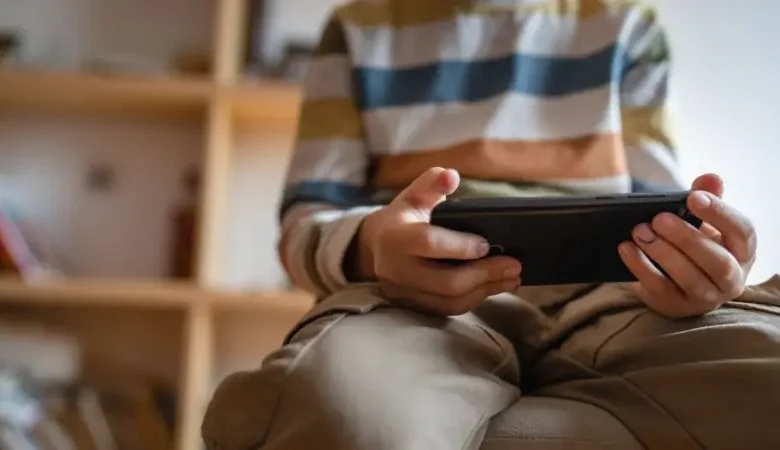How too much screen time can make kids struggle with language

Screens have become a major part of our life. From work to leisure to entertainment, the screen is ubiquitous. However, when we spend too much time looking at the screen, naturally that habit is replicated by our children. But in their age, too much screen time can affect their cognitive functioning and cause difficulty in language development. According to a study conducted by scientists in Estonia, parents who use a lot of screens have children who also use a lot of screens. This can lead to poor language skills in kids.
Dr. Tiia Tulviste of the University of Tartu, lead author of the study, said that kids tend to replicate the screen time patterns from their parents. Early language development in kids happens when they regularly interact with their parents. This ensures that the kids are actively engaged in a conversation. However, with the parents spending their time on the screen, children tend to get into that behavioural pattern as well.
Language or technology?
In most cultures, language development happens through active participation in conversation with parents. This also emphasises on vocabulary and grammar structure development at an early age. However, this practice can get disrupted if the parents get distracted by notification sounds or texts.
The link between the screen time of parents and children
To understand this link, the researchers divided the parents and the children into three groups, depending on their screen exposure. It was studied that children with high screen exposure had struggles with language development – the study also noted that children with less exposure to screens scored higher marks in grammar and vocabulary. Children with no screen exposure showed great language development skills.
The study further noted that while reading e-books or playing educational games can offer constructive development in children, the first five years of a child’s language skills heavily depend upon daily face-to-face interaction with their parents.









